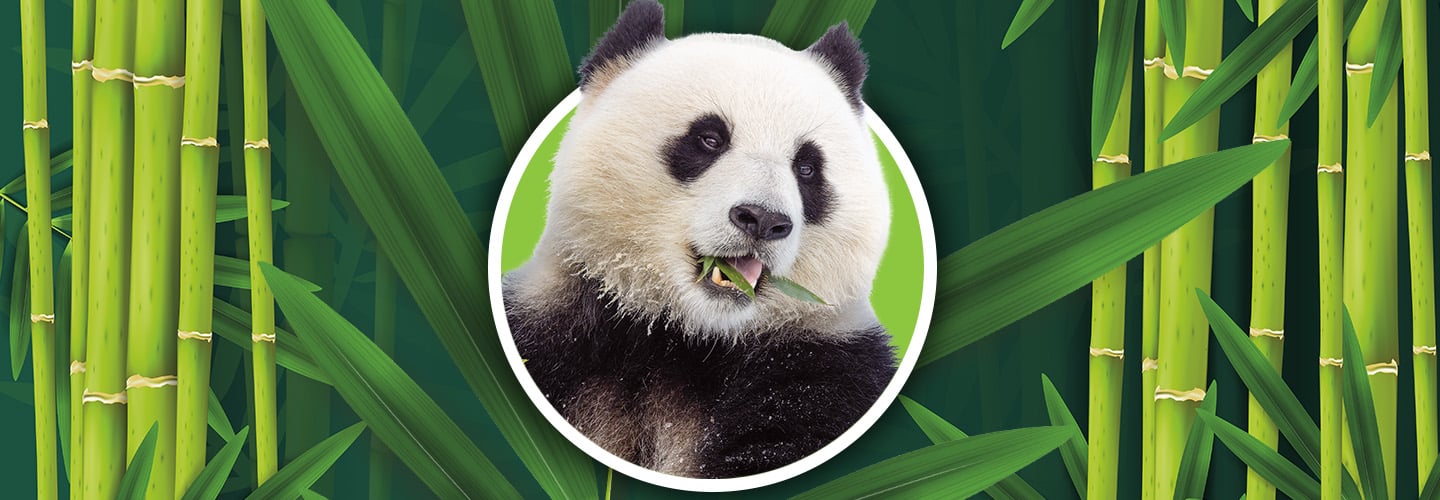Last fall, a plane arrived in the U.S. with two special passengers: giant pandas! They are named Bao Li (BOW lee) and Qing Bao (ching BOW). They came from China. That is a country in Asia. China loaned the bears to the National Zoo in Washington, D.C.
The pandas will live at the zoo until 2034. The zoo will pay China $1 million each year to borrow them. That money will be used to help protect pandas.

